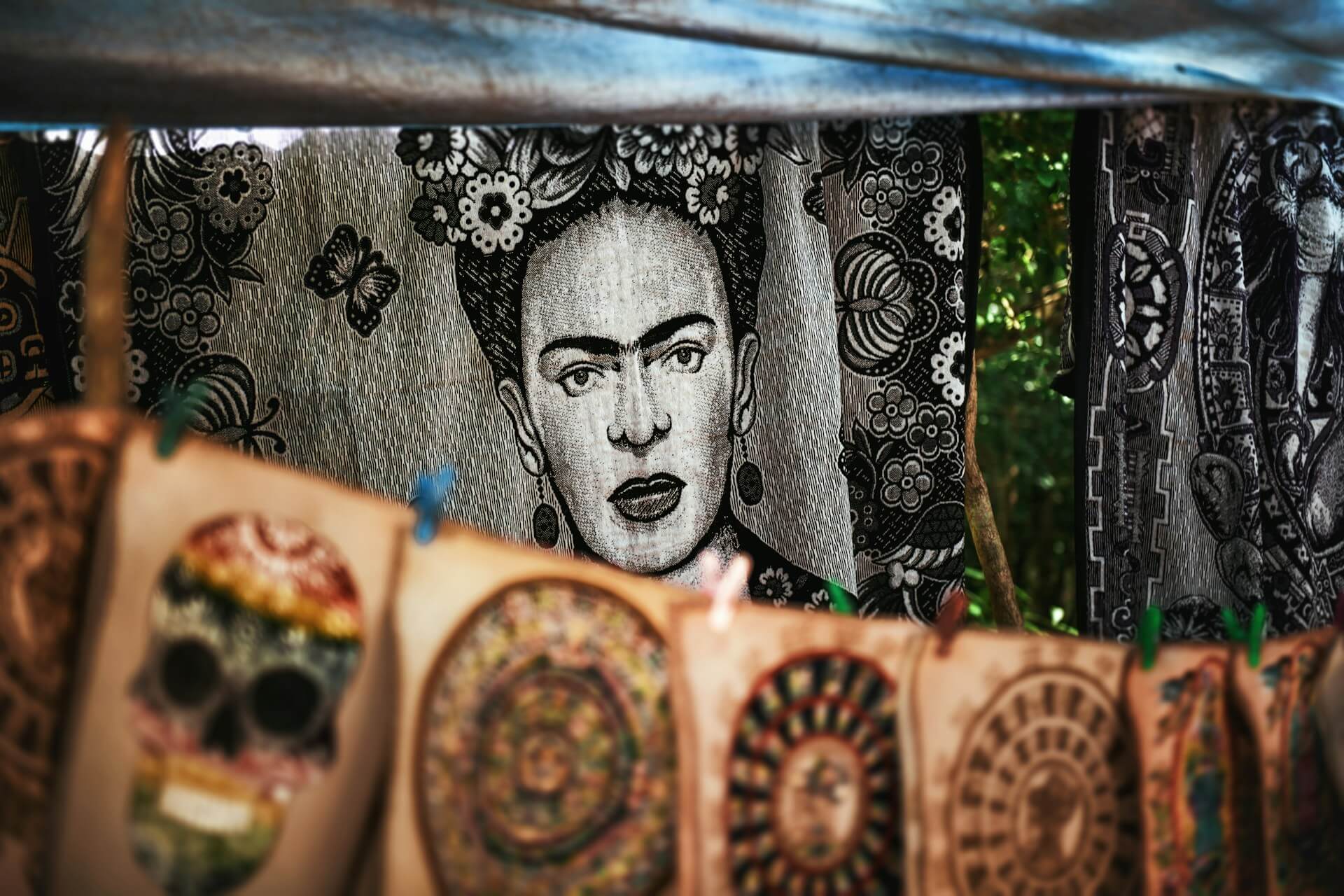
Frida’s Tequila
“There have been two great accidents in my life. One was the trolley, and the other was Diego. Diego was by far the worst.”
Magdalena Carmen Frida Kahlo y Calderón
Courageous Frida, icon to millions
who know no more of you than your eyebrows
on the t-shirts your face adorns,
what is your name worth now?
What value added by the pain you suffered
through decades of disease and injury,
the ‘few small nips’ delivered by the hand
of your passionate husband?
We find you, ‘wounded deer,’ desperate and afraid,
lost in the forest ‘without hope,’
force-fed against your will only to prolong a life
of agony, a life dominated by Diego
who seemed to live inside your mind like a ghost
though still alive, while you,
bed-ridden, painted until your final breath.
You wished to be found inside our ‘darkest everything’.
I wonder, did you wish to be found on the label of a tequila bottle.
Magdalena Carmen,
the spirit of Bizet’s fiery gypsy gifted to you in that naming
along with the sexual appetite of your Biblical eponym,
how are we to square that burning ardor
with the reduction of your public name
to an ingredient in margaritas in trendy taquerias?
Today, when we finally recognize
more than two genders,
two orientations,
your openness
honesty
self-expression
self-objectification
echo heroically down the years, while your grand-nieces
hope the ‘centuries of torture’ you suffered add stature
to the brand they founded upon your face and name.
Forgive them, Frida, as you forgave Diego,
and leave it to us to judge those who trespass.
The Pivot, or
Streptococcus Pneumoniae and Me
If not for pneumonia and the lack
of penicillin, my grandmother
would not have died in 1941,
leaving a husband bereaved
and two children orphaned.
If not for his sudden widowerhood,
my grandfather would not have relocated
his son and carrot-topped daughter
to the town where my father was
growing up, 60 miles to the south.
If not for meeting ‘that red-head’,
my father might have married another,
perhaps a nice Italian girl, and
had a son who learned to love
lasagna much younger than I did.
In the Evening, Sonnets
In the morning, haikus about coffee,
Or odes to gently falling rain against the window glass.
By lunch it’s epic verse of superhuman feats and deeds,
and outlines for noir detective fiction.
The afternoon is for villanelles in lockstep
rhyme with the ticking clock.
And in the evening, sonnets,
Little songs of setting suns and kissing you.